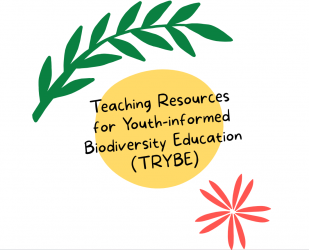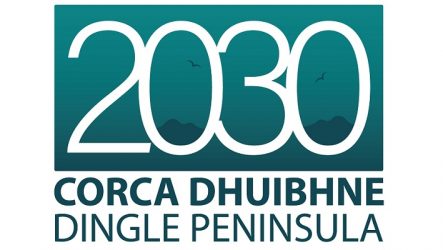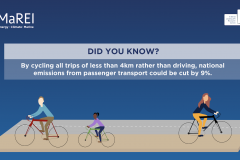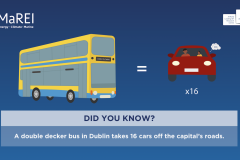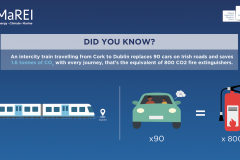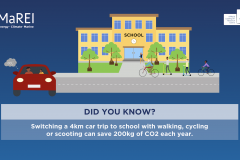
Science Week 2023
This year’s Science Week theme was ‘Human?’, which asked people to consider what it means to be human in today’s world, and how the decisions we make today, will impact humans of the future.
Human creativity, curiosity and concepts have transformed every aspect of human life, from how we live and interact with each other to the relationship we have with our planet. Incredible developments have shaped our understanding of ourselves and our world. At times it can feel like these changes are out of our control, from the environmental emergency to being outpaced by technology. It begs the question – what lies ahead, and what role will science play in this? How will the actions we take now shape our collective human experience for both current and future generations?
What does it mean to be human in 2023?
What does it mean to be human in 2023 is the Science Foundation Ireland theme for this year’s Science Week. In an article for Breaking News MaREI Director Brian Ó Gallachóir talks about some of our research that is having a positive societal impact. Read the article here.
Ireland’s Environmentalists Insta Takeover
Catriona Reid a research assistant at MaREI in University College Cork took over Ireland’s Environmentalists Twitter Account for Science week discussing the TRYBE project which engages children and young people in climate action by co-creating classroom resources on biodiversity!
Follow the takeover here.
Children’s Assembly on Biodiversity launch educational resources as part of Science Week
A group of young people from Ireland’s first Children and Young People’s Assembly on Biodiversity Loss have launched a set of educational resources following on from one of their recommendations about raising awareness on the issue. The legacy of the Assembly which took place in 2022 has continued through a host of activities including a follow-on project called Teaching Resources for Youth-informed Biodiversity Education (TRYBE) led by MaREI at University College Cork. The ideas for the resources came from the young people involved and the team worked together over a number of months to co-design an activity book and other resources including a video which is scripted and voiced by the children themselves.
The resources can be downloaded here and physical copies of the biodiversity activity book can also be requested here.
Hi everybody! Catriona again from the TRYBE project. Today is an exciting day because we are launching our brand new biodiversity educational resources online! 🥰
Today I’m going to talk you through in a bit more detail about our main resource – the Biodiversity Activity Book 😊 pic.twitter.com/xhfOCuOsC8
— Ireland’s Environmentalists (@IrelandsEnviro) November 15, 2023
Dingle Peninsula 2030 - Learning Briefs
Dingle Peninsula 2030 is an initiative aimed at transitioning the peninsula to a low carbon and resilient community by 2030.17 learning briefs were co-produced with community partners.
You can access them on the Dingle Peninsula project page which is linked below.
MaREI Podcast
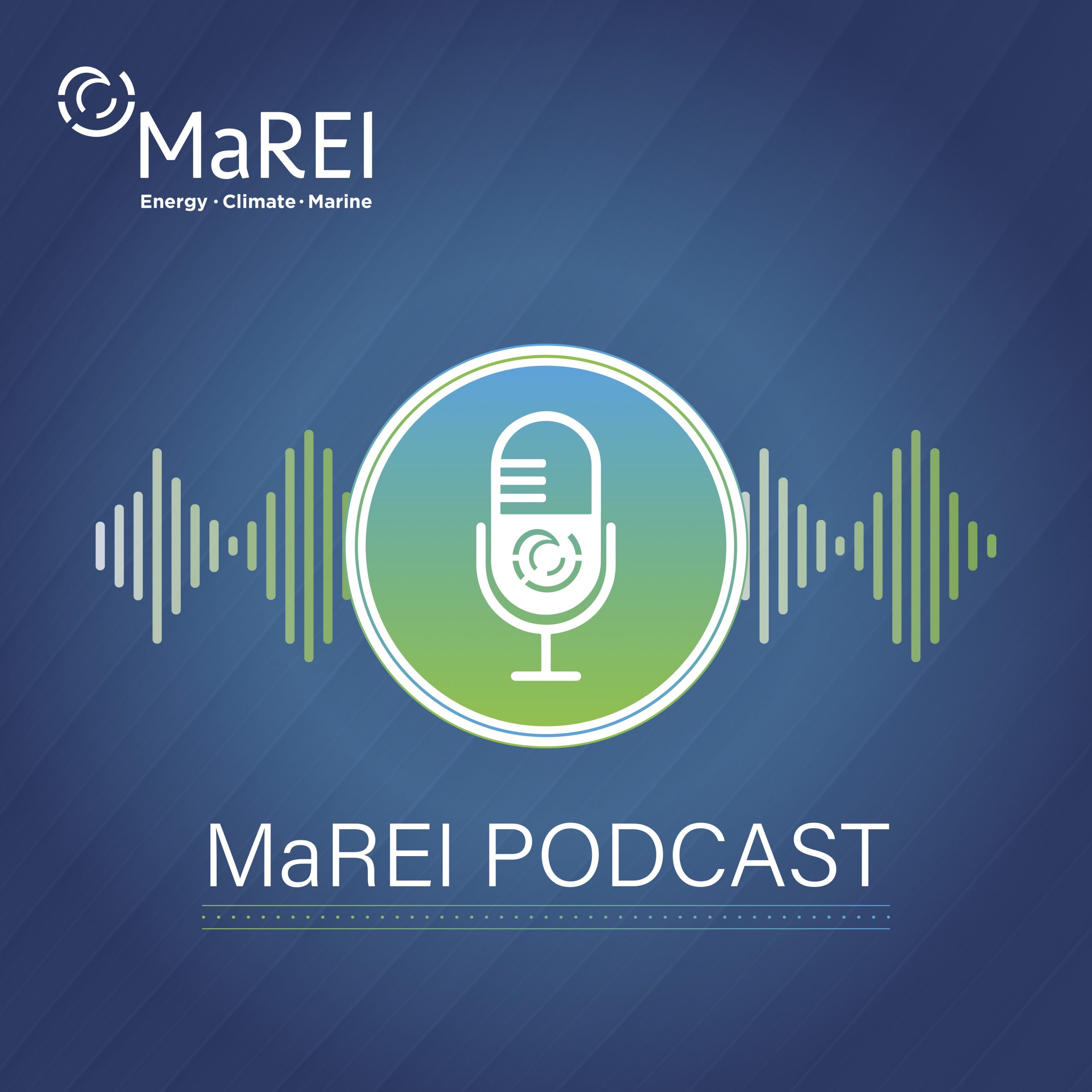
This episode of the MaREI Podcast is about energy poetry. It features a reading and discussion of a poem – The Lighthouse, by Vona Groarke – which looks at the Rural Electrification Scheme in Ireland through the eyes of the people whose lives were impacted by that energy transition.
Past, present and future energy transitions are often told exclusively as stories about technology, which overlooks the central role of people in the decisions and practices of energy usage. Poetry often sees and tells stories that are hidden, overlooked or ignored. Poems about energy can provide insights to the way different people see or relate to energy, which can help us as we think about energy, people and the future.
Blue Connections
In light of Mission Ocean and the Ocean Decade, MaREI, in partnership with the Dingle Hub, organised Blue Connections: Exploring Society and the Ocean (7th & 8th September 2023) in Dún Chíomháin, Ballyferriter.
MaREI researchers Evan Boyle and Dave Whyte explain the mini-conference for Science Week that explored connections between oceans, seas, and waters in the video below.
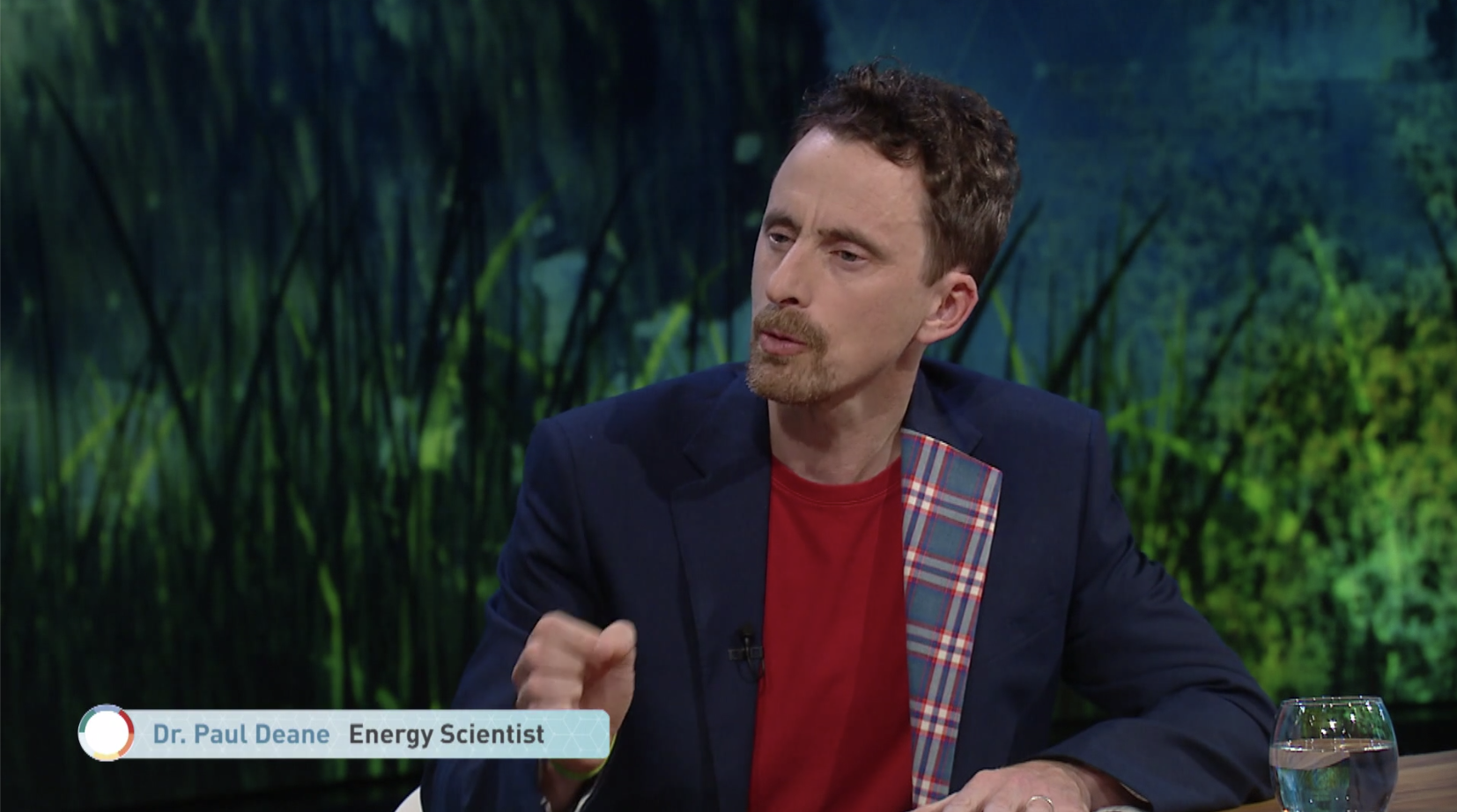
Paul Deane on RTE’s Tomorrow Tonight
MaREI researcher Dr Paul Deane was featured on RTE One ‘Tomorrow Tonight’ and wrote an article for RTE Brainstorm about ‘Two positive steps we can take to benefit climate action in Ireland‘.
Did You Know?
These graphics are based on research by MaREI at University College Cork researchers Vera O’Riordan and Fionn Rogan. The research was based on a paper entitled ‘How and why we travel – Mobility demand and emissions from passenger transport’ which can be accessed here.



